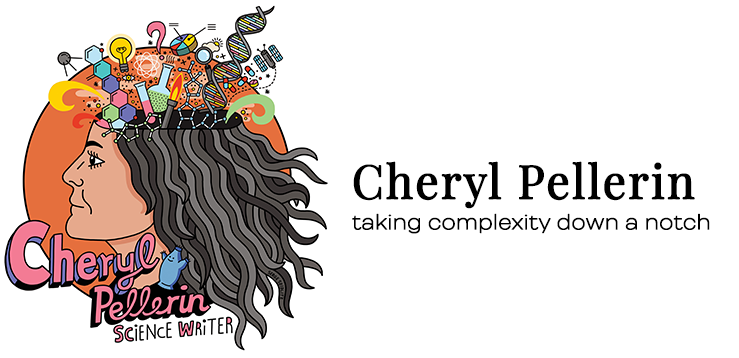After the Drug Enforcement Agency’s Controlled Substances Act of 1970 put hallucinogens and cannabis in Schedule 1 — drugs too dangerous to study and with no medical value — research on both essentially ended, according to a 2017 paper by DE Nichols, MW Johnson and CD Nichols, published in the Clinical Pharmacology and Therapeutics journal.

Visualization of brain connections in a person on psilocybin and in someone on placebo. Authors found the psychedelic state associated with a more intercommunicative brain function mode, consistent with descriptions of the nature of consciousness in the psychedelic state. Petri G, Expert P, Turkheimer F, Carhart-Harris R, Nutt D, Hellyer PJ, Vaccarino F. Homological scaffolds of brain functional networks. J Royal Soc Interface. 2014 Oct.
But now the authors describe two recent clinical studies that used psilocybin along with psychotherapy and produced positive results in treating anxiety and depression.
Both are randomized placebo-controlled studies recently completed by groups at Johns Hopkins University (JHU) and at New York University (NYU). Both are reasonably large phase II trials of psilocybin-assisted psychotherapy in patients suffering from cancer-related psychosocial distress.
“These two studies,” the authors wrote, “represent the first sufficiently powered, formal double-blind, placebo-controlled assessment of a psychedelic agent for therapeutic effect using modern clinical approaches and assessment instruments.”
Both studies, they added, “found remarkable efficacy [having the intended result] that is unprecedented for cancer-related psychosocial distress with any currently available conventional therapies.”
Psilocybin & Help for Anxiety
The JHU study (Griffiths RR et al. Psilocybin produces substantial and sustained decreases in depression and anxiety in patients with life-threatening cancer: a randomized double-blind trial. J Psychopharmacol. 2016 Dec; 30(12): 1181-1197.) investigated the effects of a high oral psilocybin dose with a low dose as a placebo on anxiety or depressive disorders caused or worsened by the cancer diagnosis.
 Rating scales showed sustained positive effects on anxiety and depression at 6 months, and an immediate post-session mystical experience (a subjective experience involving feelings of internal and external unity, sacredness, positive mood, transcendence of time and space, among others) score correlated strongly with positive therapeutic results.
Rating scales showed sustained positive effects on anxiety and depression at 6 months, and an immediate post-session mystical experience (a subjective experience involving feelings of internal and external unity, sacredness, positive mood, transcendence of time and space, among others) score correlated strongly with positive therapeutic results.
The study showed that a single psilocybin dose, given under supportive conditions to screened and prepared participants, produced substantial and enduring decreases in anxiety and depression in patients with a life-threatening cancer diagnosis.
LSD, Psilocybin & Depression: Lasting Effects
The NYU study (S Ross and colleagues. Rapid and sustained symptom reduction following psilocybin treatment for anxiety and depression in patients with life-threatening cancer: a randomized controlled trial. J Psychopharmacol. 2016 30(12), 1165-1180.) used a therapeutic approach and clinical setting similar to the one used in the JHU study, the main difference being the use of niacin (vitamin B3) as the placebo instead of low-dose psilocybin.
The study documented dramatic symptom reductions, with large effect sizes comparable to the JHU study, and efficacy sustained for 6 months after treatment.
The authors gave a single moderate psilocybin dose along with psychotherapy to patients with life-threatening cancer and saw acute and sustained anti-anxiety and antidepressant effects. Here, too, they said, the intensity of the mystical experience correlated with clinical benefit, including improved attitudes toward disease progression and death, improved quality of life, and increased spiritual well being.
In a 2014 study, P Gasser and colleagues (Safety and efficacy of lysergic acid diethylamide-assisted psychotherapy for anxiety associated with life-threatening diseases. J Nerv Ment Dis. 2014;202;513-20.) used LSD-assisted therapy in 12 patients with anxiety related to being diagnosed with a life-threatening disease. Positive trends lasted for 12 months after treatment.

Image shows how, with eyes-closed, more of the brain contributes to visual experience under LSD than under placebo. The effect’s magnitude correlated with participants’ reports of complex, dreamlike visions. (Carhart-Harris RL, et al. Neural correlates of LSD experience revealed by multimodal neuroimaging. PNAS 2016 April;113(17);4853-8.)
In 2015, Gasser and colleagues followed up the same participants 12 months later to examine long-term effects on anxiety and explore experiences and lasting psychological effects. Nine of the original subjects participated.
In semi-structured interviews, seven of nine participants reported a sustained reduction in anxiety. None reported lasting negative effects. The authors concluded that LSD-assisted psychotherapy in patients with a life-threatening illness showed safety and positive stable treatment outcomes at long-term follow-up.
Next, read about how the Multidisciplinary Association for Psychedelic Studies (MAPS) is sponsoring research to study MDMA-assisted psychotherapy to treat severe posttraumatic stress, in Psychedelic Medicine: MDMA & Psychotherapy for PTSD.



